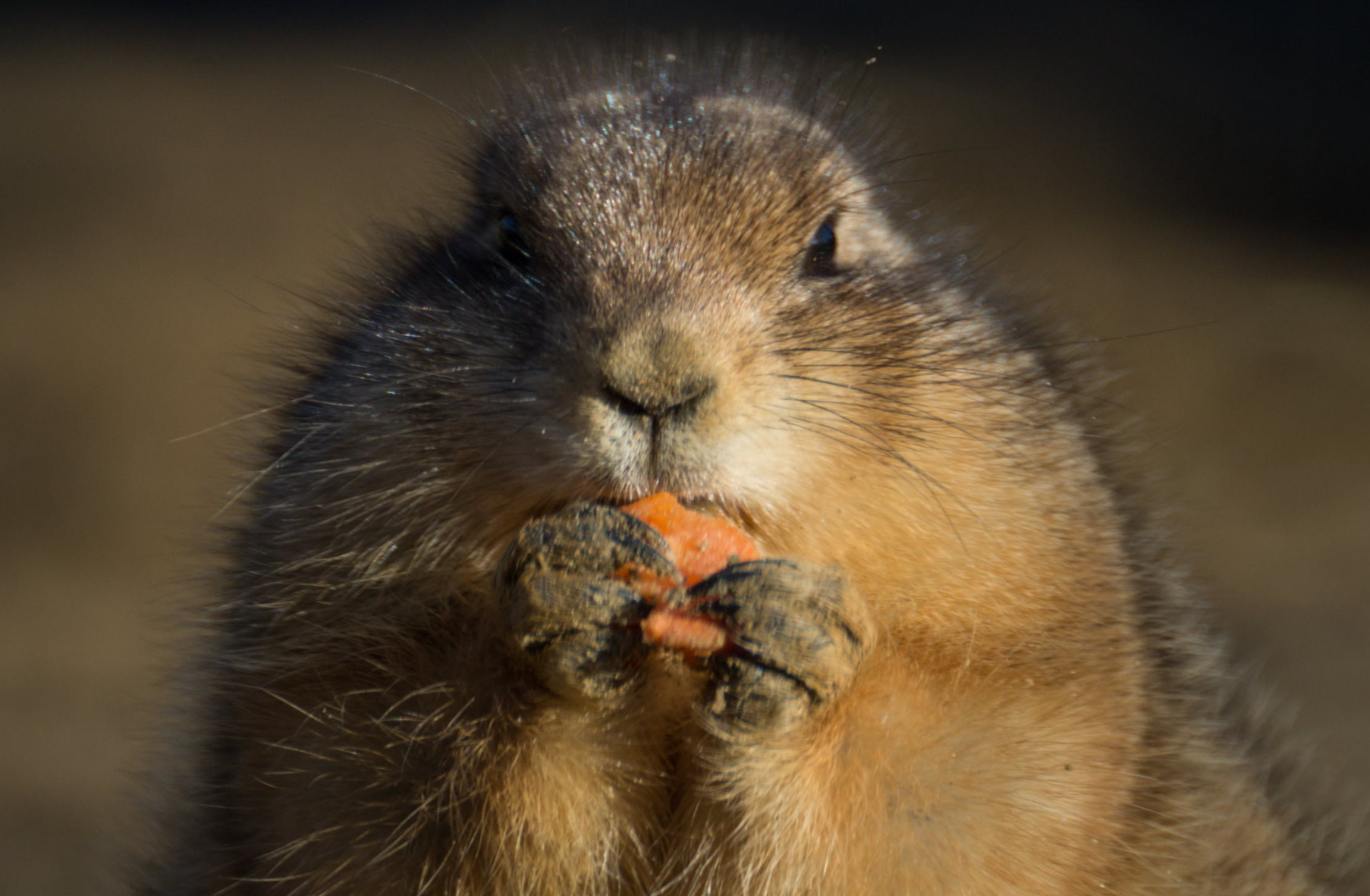Gut issues?
(Bummer)
Our digestive tract bears the unfortunate brunt of our modern-day life. Processed foods, genetics, stress, and the environment impact our gut more than we know. And there's nothing like an out-of-whack microbiome to get you down in the dumps.
Welcome. I'm Kali. I've made it my mission to get to know digestion as personally as possible. Wondering if I can help you? Give a shout for a free, 15 minute consult. I promise to keep the digestion puns to a minimum.
The final stage of our digestion (for the purposes of this series) is the passage of foodstuffs through our large intestine, or colon. This organ is like a highway compared to the backroads of our small intestine; wider, more direct, built for volume. Read on for more…
I often hear from mothers, cousins, friends, or co-workers that “X was just diagnosed with an autoimmune disease… he/she has no idea what to do.” I rarely speak to these new patients personally, but my heart goes out to each one. If I had a chance to talk to them, this is where I’d start.
The small intestine is where the molecular chunks and tangles of food particles are broken down into single molecules. These move to the intestinal walls, through the intestinal walls, and then into the bloodstream or lymph. Consider: until this point, the food is still technically outside the body, moving through a long, walled-off tube. The small intestine is where the outside meets the in. Nourishment ensues.
We have an epidemic of love-hate relationships with our stomachs; we love to fill them, hate their function. Not sure what I’m talking about? Take a look around the antacid section the next time you’re in the pharmacy. Or consider the number of people you know who have been prescribed proton pump inhibitors. Or maybe check the cabinet under your own bathroom sink for that family-sized canister of colorful, mild-flavored tums (which I used to eat like candy when I visited my best friend’s house in grade school- oy). That’s us, hating on our stomachs.
Fixing your digestion isn't a simple process. There's never any one missing food, or nutrient, or practice. Rather, digestion, as a series of interconnected processes and actions, requires a holistic, top-to-bottom approach. In this blog post, we tackle phase one: the mouth.
Carbohydrates are a plant’s stored energy. The basic forms are fiber, sugar, and starch.
Have you ever cut calories in an effort to lose a few pounds only to find that… nothing changed? Or worse, you gained weight instead?!
It happens. Our best laid plans -with our latest calorie counting app and our carefully curated snack packs- can wind up being complete fails, as many dieters can attest to. It’s the same old story, but why?
Everyday, it seems, we learn about a new feature of the body that is in some way governed by our gut bacteria. Mood. Sugar cravings. Inflammation. Hormone balance. Energy. Our gut bugs seem to have their creepy crawly fingers in everything, and weight is no exception.
This miniseries explores some of the factors that may matter more than the calorie count when it comes to weight gain, loss, and maintenance.
When people learn I have goats, they love to remind me that "goats eat EVERYTHING!" Don't believe it. Goats are incredibly picky. If their hay has touched the ground, for instance, it's deemed unfit for eating. Worse, they're not only selectively picky, but incredibly sensitive; just a few bites of the wrong thing can kill them within hours.











